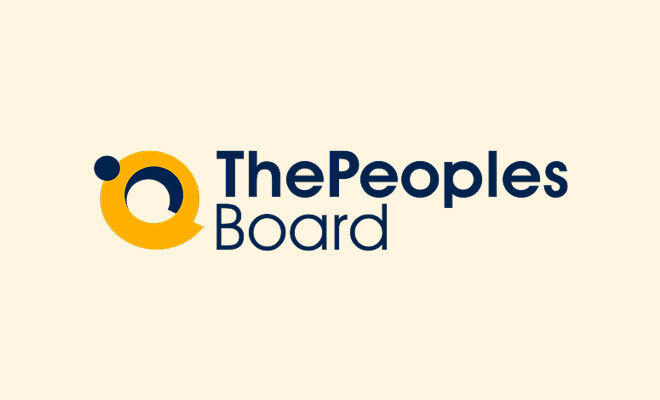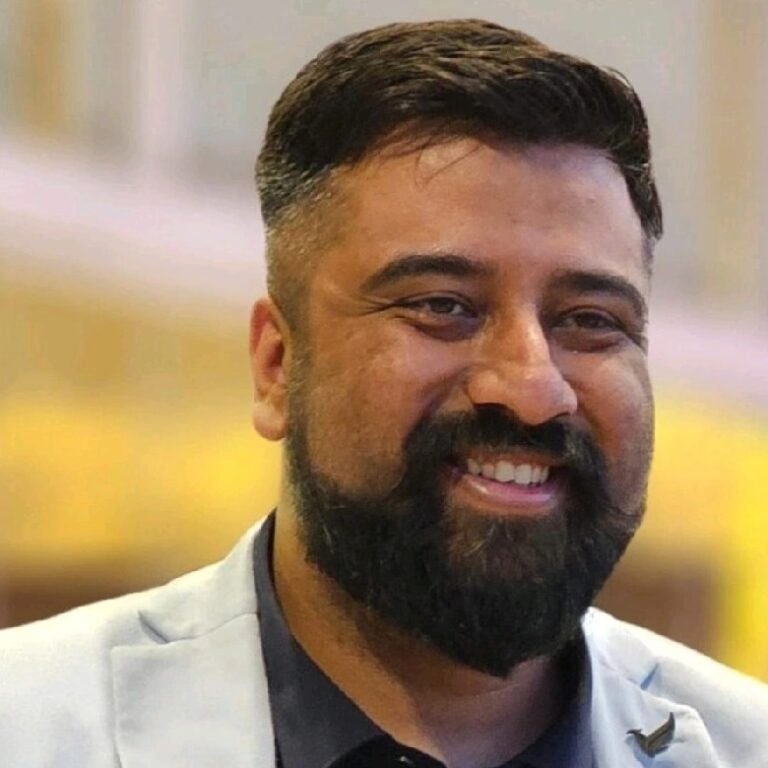A Decision-making Interview assesses the candidate’s ability to make crucial decisions at critical times. It helps identify the factors that the candidate takes into consideration when reaching a decision.
The examples listed below focus on specific skills to be evaluated. They can be changed based on the responses and how you want to assess the candidates.
Question 1: Tell me about a time you had to make a high-stakes decision with limited information. What was your approach?
To Assess: Risk assessment and confidence.
Sample Answer: “During a system outage, I had to decide whether to initiate a rollback or troubleshoot further. I consulted the team, evaluated the impact of downtime, and chose rollback to ensure minimal disruption. The system was back online quickly, and we fixed the issue during off-peak hours.”
Question 2: How do you make decisions when you have competing priorities or deadlines?
To Assess: Prioritization and time management.
Sample Answer: “In one project, two tasks required immediate attention. I assessed urgency and impact, delegated less critical tasks to team members, and focused on the high-priority item myself. This ensured both tasks were completed on time without compromising quality.”
Question 3: Describe a time when you faced uncertainty while making a decision. How did you navigate it?
To Assess: Decision-making under ambiguity.
Sample Answer: “When launching a new product in an unfamiliar market, I lacked complete data. I conducted a smaller pilot program, gathered feedback, and used those insights to finalize the strategy. This approach minimized risk and ensured a successful rollout.”
Question 4: Can you share an example of how you facilitated a group decision in a team setting?
To Assess: Collaboration and consensus-building.
Sample Answer: “Our team was split between two marketing campaigns. I organized a brainstorming session, encouraged everyone to present their ideas, and evaluated each based on projected ROI. By combining elements from both, we developed a campaign that exceeded expectations by 20%.”
Question 5: Have you ever had to make a decision that wasn’t popular? How did you handle it?
To Assess: Leadership and resilience.
Sample Answer: “I had to cut discretionary spending during a budget review. While it initially caused dissatisfaction, I transparently communicated the rationale and shared plans to reinvest savings in critical areas. Over time, the team understood and supported the decision.”
Question 6: How do you ensure your decisions align with both immediate needs and long-term objectives?
To Assess: Strategic thinking.
Sample Answer: “While leading a project, I chose a framework that enabled quick delivery but also allowed for scalability. By addressing the immediate need for speed without compromising future enhancements, the project was both timely and sustainable.”
Question 7: Tell me about a decision you made that didn’t work out. What did you learn from it?
To Assess: Reflection and adaptability.
Sample Answer: “I once implemented a new workflow without fully considering team feedback. Productivity initially dropped. I reevaluated the workflow with input from the team and made adjustments. The experience taught me the value of collaboration in decision-making.”
Question 8: Can you provide an example of a time when you faced an ethical dilemma? How did you decide what to do?
To Assess: Integrity and values alignment.
Sample Answer: “A vendor offered incentives to influence our decision. I immediately reported it to my manager, ensuring we evaluated vendors solely on merit. Upholding ethical standards not only maintained trust but also led to a better partnership with a reputable vendor.”
Question 9: How do you evaluate and choose between multiple options when making a decision?
To Assess: Analytical thinking.
Sample Answer: “When selecting a software tool, I created a decision matrix with criteria like cost, functionality, and scalability. After scoring each option, I chose the one that best aligned with our requirements and budget, which proved to be highly effective.”
Question 10: Describe a situation where you had to make a quick decision under pressure. What was the outcome?
To Assess: Quick thinking and composure.
Sample Answer: “During an event, a key speaker canceled at the last minute. I quickly reassigned another speaker, adjusted the schedule, and informed attendees. The event proceeded smoothly, and attendees appreciated the seamless handling of the change.”




